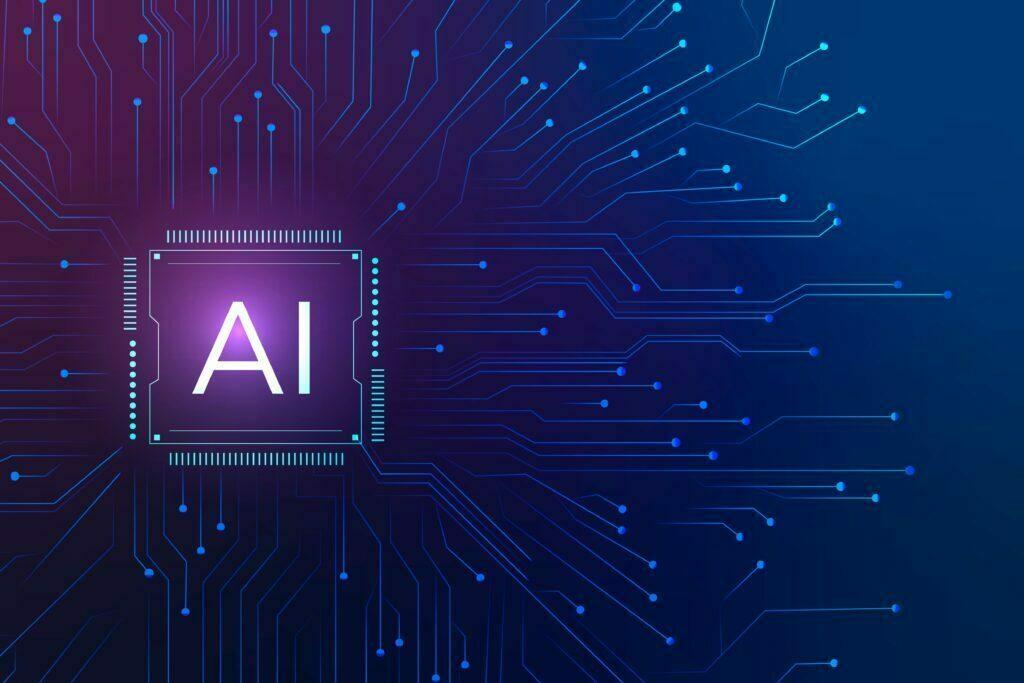The emergence of ChatGPT as a sophisticated conversational AI model has triggered discussions about its potential to replace search engines such as Google. While ChatGPT offers impressive capabilities, there are several important aspects to consider when evaluating whether it can truly replace traditional search engines.

Search engines such as Google have become an integral part of our online experience, serving as platforms for quickly accessing information on a variety of topics.
They are carefully designed to crawl, index, and rank vast expanses of web content, enabling users to efficiently find specific answers to their questions. Search engine success depends on algorithms that consider factors such as relevance, authority, and user intent to generate a list of search results tailored to a user’s inquiry.
In contrast, ChatGPT works in a fundamentally different way.
It leverages the generative capabilities of the GPT architecture to simulate human-like text generation, facilitating engaging interactions. Its training includes dialogue interaction, which allows it to understand context and provide contextually relevant responses. Although it can provide detailed explanations, constructive responses, and engage in personal conversation, its primary strength lies in open discussion rather than precise information retrieval.
When considering whether ChatGPT can replace search engines, it is important to examine key factors:
Efficiency in Information Retrieval:
Search engines are designed to quickly provide concise and accurate answers to specific queries.
This efficiency is critical when users are seeking immediate, factual information. ChatGPT can generate informative but more verbose responses when having a conversation. In scenarios where fast information retrieval is paramount, search engines maintain an edge.
Scope and Breadth of Information:
Search engines scan and index a vast array of websites, documents and resources, ensuring broad coverage of topics.
ChatGPT’s training data may not cover the same breadth, potentially leading to limitations in its ability to comprehensively address highly specialized or specialized questions.
Precision and accuracy:
Search engines prioritize accurate, well-sourced information through sophisticated algorithms.
ChatGPT’s responses can vary in accuracy, as it generates text based on patterns learned during training, without real-time fact-checking capabilities.
User intent and interaction:
ChatGPT excels at conversational interaction, which can be extremely valuable when users seek nuanced explanations, brainstorming, or general discussion.
It can serve as an educational tool, helping users understand complex concepts through interactive dialogues.
Innovation and Integration:
Integrating ChatGPT into search engines can enhance user experiences by providing both concise information and conversational insights.
This combination can be especially valuable for exploratory searches or when users want multiple perspectives on a topic.
Contextual Understanding:
ChatGPT’s ability to understand context enables him to engage in fluid conversation.
This strength can be harnessed to create a more intuitive and human search experience, allowing users to refine their queries through conversation.
Limitations and ethical concerns:
ChatGPT can generate biased, inaccurate or inappropriate content, which requires strong moderation.
Search engines also face similar problems but have developed mechanisms to address them. In both cases it is important to ensure responsible AI use.
Complementary Roles:
Rather than a direct replacement, ChatGPT can serve as a complementary tool alongside search engines.
For complex topics, users may benefit from accessing search engine results for factual information and using ChatGPT to gain deeper insight through conversation.
In short, ChatGPT’s ability to replace search engines depends on its strength in conversation and context, but it cannot completely replace the efficiency, accuracy, and comprehensive information retrieval capabilities of established search engines such as Google.
Instead, a more plausible scenario involves ChatGPT and search engines working together to provide an all-encompassing user experience – giving users quick access to specific information while engaging them in exploratory, interactive conversations. As technology continues to evolve, the synergy between these two approaches could reshape the way we access and interact with information online.




